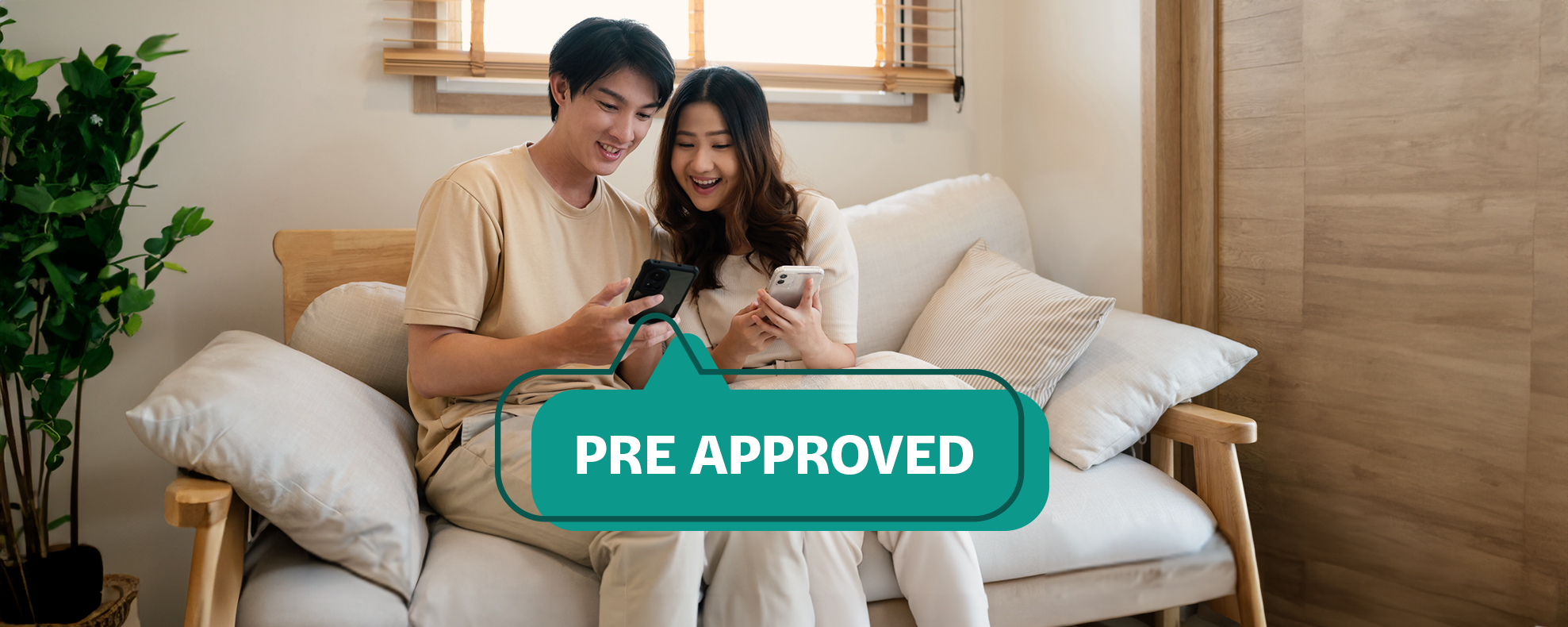Buying Your First Home with a Guarantor – How It Works
So, you’re ready to buy a home but your deposit savings aren’t quite where you’d like them to be. Don’t panic—there may still be a way forward. One option we’re seeing more and more first home buyers use is applying for loans using a guarantor.
If you’re not sure what that is (or whether it’s right for you), let’s break it down.
What’s a Guarantor?
A guarantor is someone —often a parent or close family member—who offers part of the equity in their own home as security for your loan. This extra security can let you borrow up to 100% of the purchase price, plus costs like stamp duty and legal fees.
Having this additional security means you only need to contribute a small – or even no – deposit yourself. This way, you can be in your own home sooner and avoid thousands of dollars in Lender’s Mortgage Insurance (LMI).
A Quick Word on LMI
LMI is a one-off fee banks charge if they think your loan is higher risk. Your risk factor is determined by your loan-to-value ratio (LVR), i.e. the amount you wish to borrow divided by the lender’s valuation of the property you want to buy. The fee protects the lender (not you) if you can’t repay the loan.
Lenders usually like to have at least a 20% buffer, so in the unfortunate case you have to default on your loan, they stand a good chance of recouping the loan amount by selling your property. (Remember, this is worst case scenario!)
With a guarantor in the picture, your bank treats your application as though you already have that 20% deposit. That means no LMI—and more of your money going towards your home instead of fees.
Things to Keep in Mind
It’s important to know that being a guarantor is a big responsibility. If you default on your repayments, your guarantor is liable for the guaranteed amount. This is why lenders will also check your guarantor’s income and financial position before approving the loan. If you then default, the bank will ask your guarantor to assist with repayments rather than just selling the properties related to your loan.
To reduce the risk, we’ll usually structure your loan so the guarantor’s portion is paid off as quickly as possible. Once that part’s cleared, their property is released from the guarantee.
Guarantors have the option of utilising a limited guarantee, which allows them to minimise the amount of guarantee or equity used. The beauty of this is that they can then use the remaining equity for other uses, such as their own investments or even serve as a guarantor for more than one child.
If your parents or family are considering being your guarantor, we’ll make sure they’re involved in the process from the start, and we always recommend they seek independent legal advice before making a decision.
Not sure if a guarantor loan is right for you?
We can walk you through the pros and cons based on your situation and help you understand what it would mean for everyone involved. Get in touch for a no-obligation chat, call 1300 815 921 or click here to arrange a meeting








